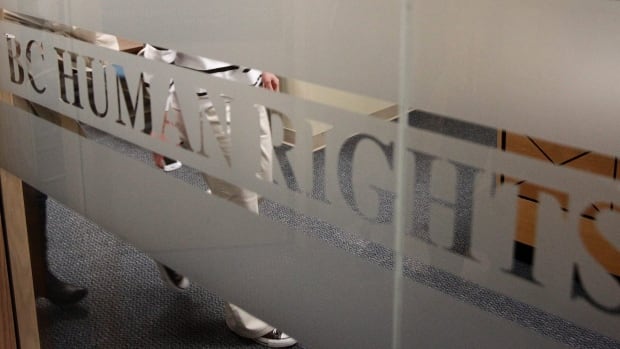
The Union of B.C. Indian Chiefs (UBCIC) will not have access to the medical records of Indigenous patients it says were harmed by provincial health providers’ liver transplant policies, the B.C. Human Rights Tribunal has ruled.
In an ongoing human rights complaint, the UBCIC alleges the process to determine who gets a liver transplant discriminates against Indigenous people based on their race, ancestry and physical disability.
In order to prepare its case, it asked for its legal counsel to be given access to affected patients’ medical records, which would be redacted to protect their privacy,
But in an Oct. 24 decision published online on Friday, the Human Rights Tribunal denied the UBCIC’s request, ruling the human rights complaint does not supersede the patients’ right to confidentiality.
“Medical information must not be divulged without consent of the patient, except in ‘limited circumstances’ where there is ‘some paramount reason’ to override the patient’s right to confidentiality,” tribunal Vice Chair Devyn Cousineau said in the decision.
Liver transplant policy
The ruling is the latest development in an ongoing UBCIC human rights complaint against the Provincial Health Services Authority, the Vancouver Coastal Health Authority, and the British Columbia Transplant Society.
In B.C., patients are required to abstain from alcohol for six months before a liver transplant.
Health authorities also assign patients a Model for End-Stage Liver Disease (MELD) score, a scoring system that determines a patient’s likelihood of survival after treatment.
The UBCIC alleges these policies have been unfairly used to block some Indigenous people from access to liver transplants.
While the provincial health authorities say there are about 30 people who have been affected, the UBCIC says there are likely more — an assertion the HRT says the UBCIC has not proven to the tribunal.
The UBCIC said patients’ records were relevant to its complaint, and it needed access to the reports to prepare cross-examination and consult with experts.
To protect patients’ identities, the UBCIC proposed redacting patients’ names and personal identifiers.
Cousineau said she was not satisfied that would sufficiently protect the class members, as people’s relationship with alcohol and substances and family and living circumstances are unique, and “there is no way to redact the patient’s life from the record.”
Still, she said members can still consent to give the UBCIC their medical information after they opt in or out of participating in the class complaint.
Cousineau said the case will continue and the health authorities should notify the affected patients that they are part of a class human rights complaint.



